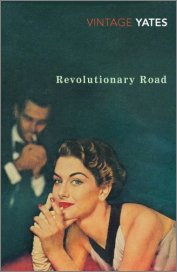A few months ago I canceled my American Express Gold Card. I’d been a “member” for about ten years, and for the first few years I didn’t mind paying the annual fee because, as I saw it, it was a small price to pay for the prestige of having an American Express Gold card! Also, most years I’d recoup the fee by taking advantage of some of its benefits, such as being able to refuse the extra insurance on car rentals.
But now that I’m all grown up I’ve lost the need to flash gold at hotels and restaurants. To be precise, I still go to hotels and restaurants, but I no longer feel the need for the flash, particularly since I know (and really, have always known) that it doesn’t really impress anybody. So why bother paying the fee for gold?
Well, year after year the annual fee would sneak up on me. I’d always forget that the card was coming up for renewal, and when the fee would show up on my statement I’d think “oh well, might as well keep it for another year.” But last year I got smart. I used Future Me to send myself an email the month before the card was to automatically renew, reminding me to cancel it.
And that’s exactly what I did. When I got the email from Future Me I paid off the balance, waited a couple of days, then phoned and canceled the card. There was only one problem; when I paid the balance I mistyped and paid exactly one cent more than the amount owing. A month later I got a statement from American Express for the canceled card, with a zero balance, but a notice that there was a one cent credit.

So now what? It’s not like I’m going to demand they cut me a cheque for a penny. If I ignore it, they’ll send me these one cent credit notices for the rest of my life. I suppose I could always call them and let them know they can keep the penny, but I’m not prepared to lose an hour of my life explaining to some guy in Bangalore why I paid an extra cent and why I don’t mind if they keep it. I could always write to them, but experience tells me that writing to a bank is like writing to Orwell’s “Big Brother,” but in a Kafka novel.
What do you suggest?

